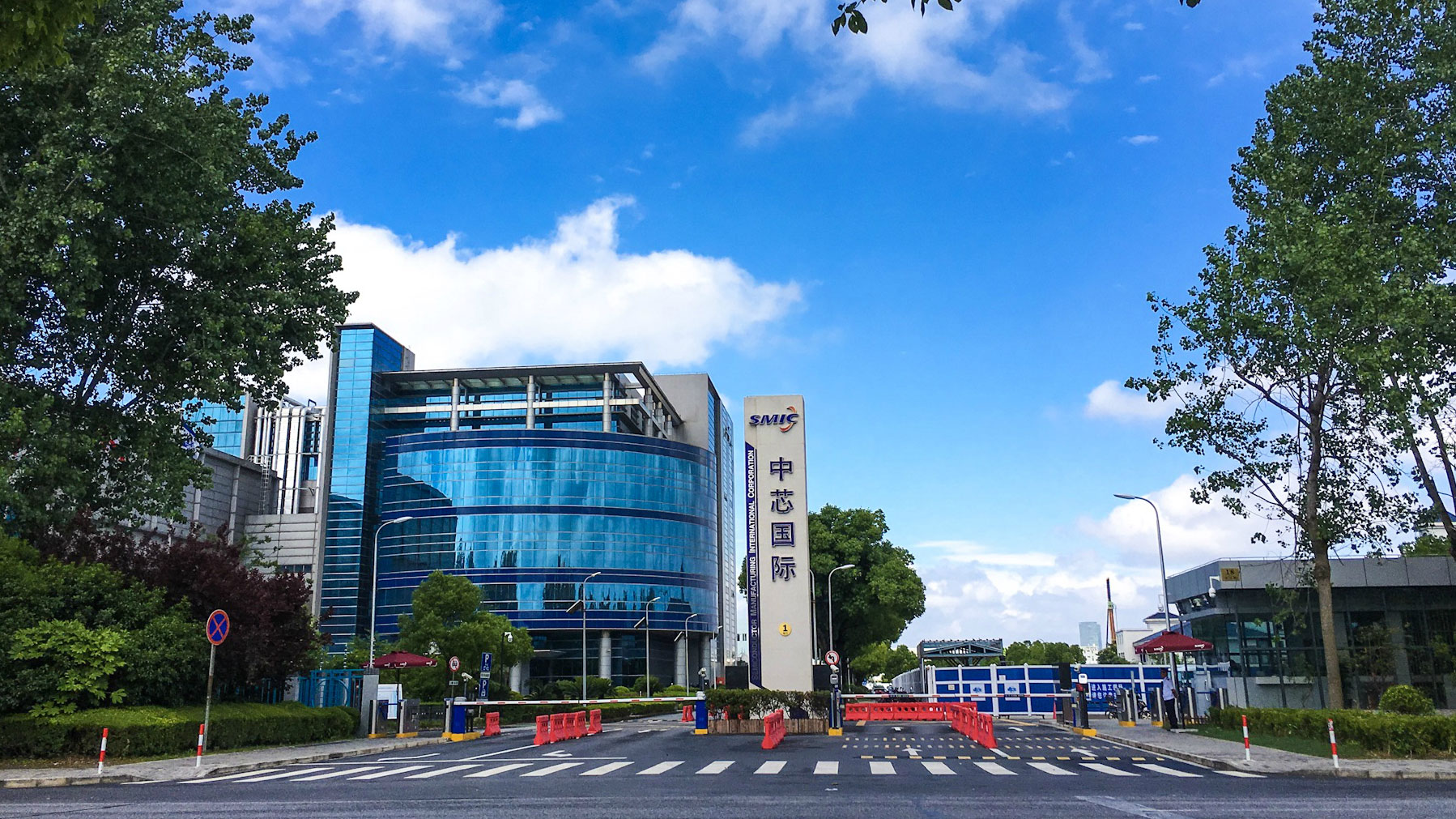
Shanghai-based Semiconductor Manufacturing International Corp. (SMIC) is the second-largest pure-play foundry in the world after TSMC, and its stock price has been going on a rally in the past two months, doubling its value. Bloomberg says that China’s push for semiconductor self-reliance fuels this demand, and with U.S. sanctions making it harder for local companies to acquire chips with Western parts, they’re turning to local companies like SMIC for their needs. Aside from this, China is also investing billions of dollars into its semiconductor industry, and SMIC is benefiting from it.
However, despite its burgeoning semiconductor manufacturing industry, China still lags behind the Western world in cutting-edge chips and AI, primarily due to Washington’s moves. For example, it cannot access ASML’s latest High-NA EUV machines, preventing Chinese firms from producing the nodes required for next-generation processors. And despite SMIC’s focus on legacy chips used in industrial processes and automobiles, a move that a Chinese chip industry leader recommended, some experts say competition in this space may get fiercer next year, as other local chip fabs, and even TSMC, could lower their prices, making their offerings more attractive to customers and reducing SMIC’s advantage.
Unlike Nvidia’s stock price growth, which was pumped by its massive sales of AI processors, SMIC’s stock movements are said to be speculative and based on news events—i.e., assuming that something will happen because of several factors. So, we can expect some volatility in the company’s stock price, especially if the expectations do not match reality.
That’s why some experts say that SMIC’s stock price seems overvalued. While they acknowledge that there is local demand for SMIC products and services and that it could maintain profitability shortly, they also face competition from other foundries, both local and abroad. Furthermore, some of SMIC’s sales result from Beijing’s investment and financial stimulus to push its semiconductor industry. While it does positively affect the company’s bottom line, they also warn that the market could be too optimistic about the impact of this government subsidy.
Despite all these warnings, the jump in SMIC’s valuation shows the increasing chip demand in China. If the company could sustain its growth, it could become a major player in chip manufacturing—if not in cutting-edge technology, then by volume.







